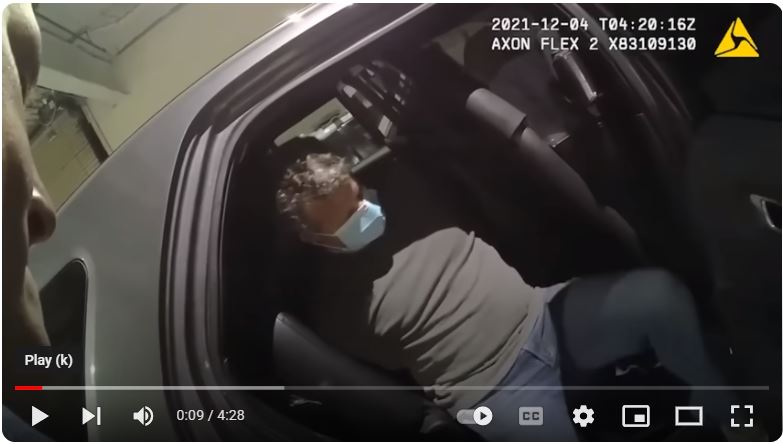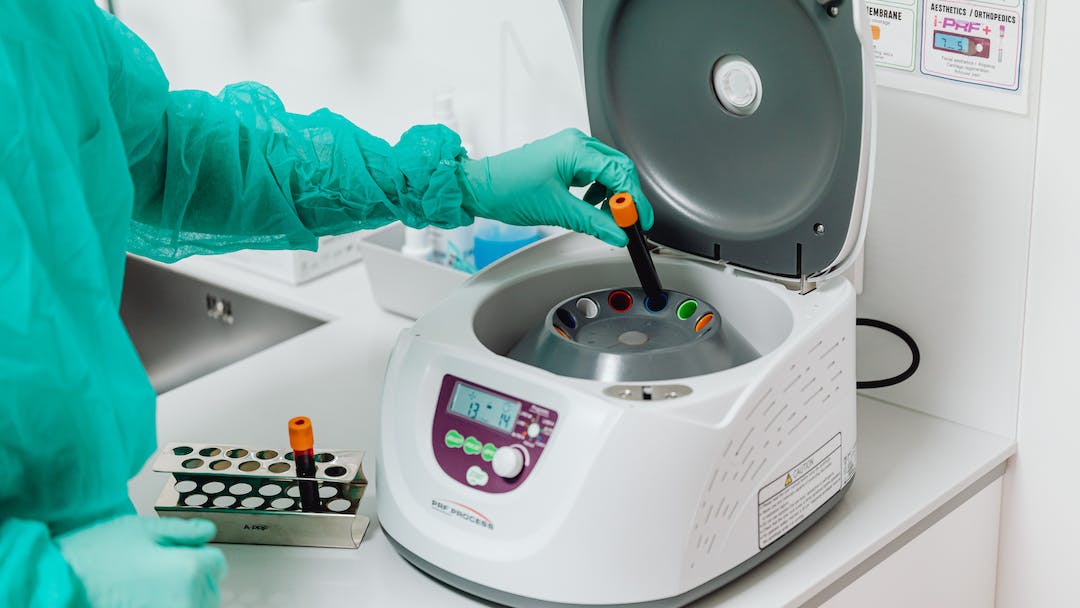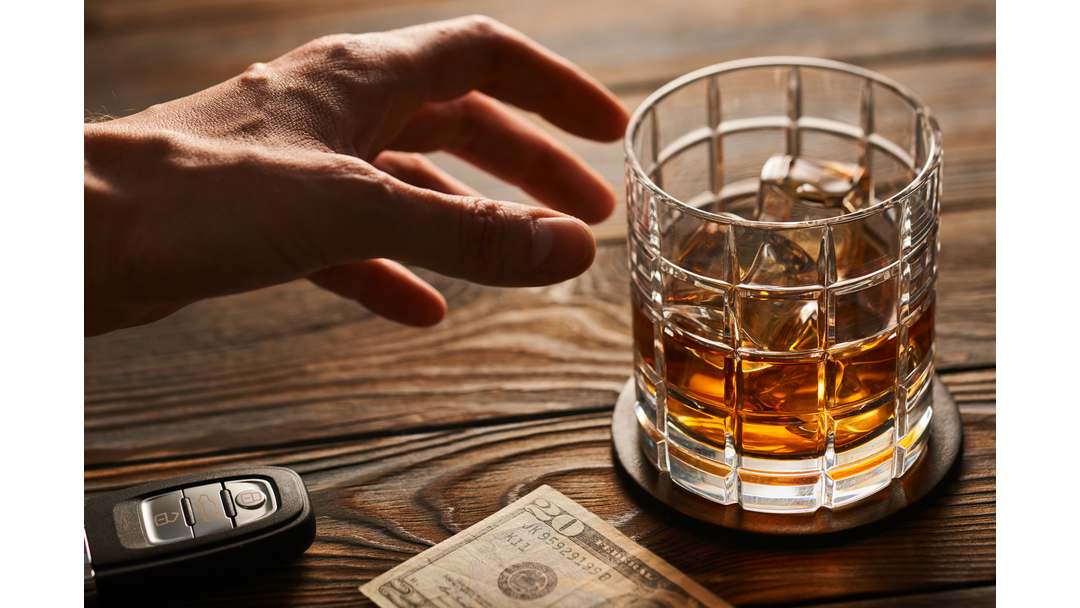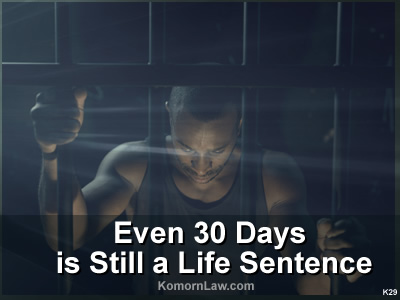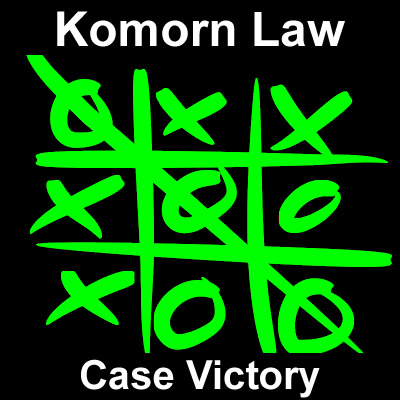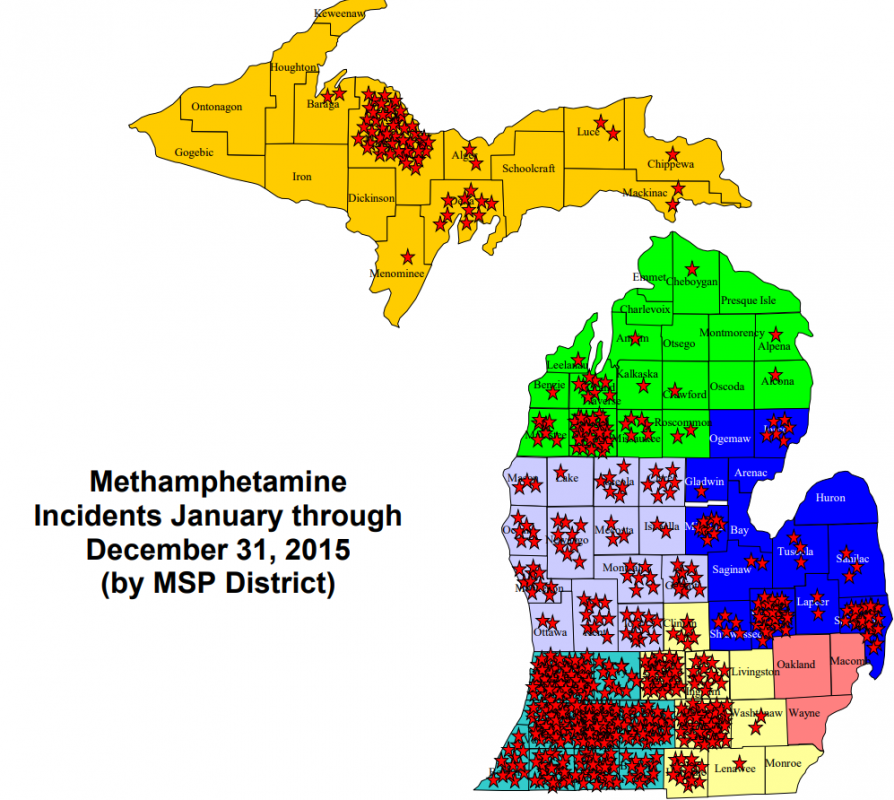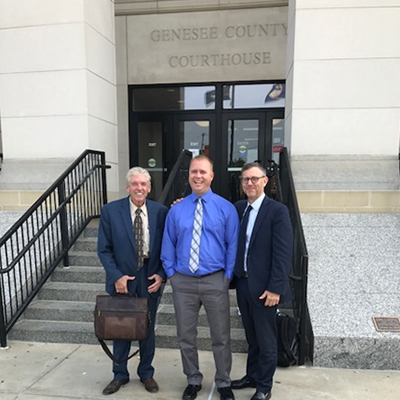An Independent Review of the Intoxilyzer 9000 Part 1 - Residual mouth alcohol detection Counterpoint Volume 2; Issue 2 - Article 3 (August 2017) An article in the Core Skills III-2 Module Jan Semenoff, BA, EMAForensic CriminalistThe opportunity to conduct an...

How DUI Charges Impact Your Child’s Future
In Michigan driving is considered a privilege. with this privilege comes immense responsibility, especially when it comes to driving under the influence (DUI) as well as other responsibilities.
The consequences of youth DUI extend far beyond the immediate legal penalties.
DUI means “Driving Under the Influence”.
This could mean alcohol, marijuana, prescription drugs or anything they may consider that would impair your driving.
A DUI can leave a lasting impact on young lives, affecting everything from educational opportunities to future career prospects.
In such dire situations, seeking legal counsel becomes not just an option, but a crucial necessity.
Real Life Reality
Every year, countless young drivers find themselves facing DUI charges, often due to a combination of inexperience, peer pressure, and poor decision-making.
The ramifications of such actions can be devastating. Beyond the legal repercussions—which may include fines, license suspension, and even imprisonment—youth DUI can have far-reaching consequences.
Educational Setbacks
For many young individuals, education is the gateway to future success. However, a DUI conviction can derail even the most promising academic trajectories.
College admissions officers and scholarship committees often scrutinize applicants’ criminal records, and a DUI conviction can significantly diminish one’s chances of acceptance or financial aid.
Additionally, some educational institutions may impose disciplinary measures, such as probation or expulsion, further jeopardizing a student’s academic pursuits.
Careers
The reverberations of a youth DUI can extend well into adulthood, impacting career opportunities and professional advancement.
Many employers conduct background checks as part of the hiring process, and a DUI conviction may raise red flags, particularly in fields that require driving or involve sensitive responsibilities.
Moreover, certain professions, such as law enforcement or healthcare, have strict ethical standards that may preclude individuals with DUI convictions from employment or licensure.
Personal and Financial Strain
The long term fallout from a DUI goes beyond its immediate legal and professional implications, taking a toll on one’s personal and financial well-being.
Fees, court costs, and increased insurance premiums can exact a heavy financial burden, straining already precarious budgets.
In the long run it may be a better option to fight the charge and get it reduced with an experienced attorney rather than submit to a guilty plea.
Moreover, the stigma associated with DUI can lead to social ostracization and strained relationships with family and friends, exacerbating feelings of isolation and shame.
Why You Need Legal Representation
In the face of such daunting challenges, hiring an experienced attorney is paramount. A skilled DUI defense lawyer can provide invaluable guidance and advocacy, working tirelessly to mitigate the consequences of youth DUI charges. Here are some compelling reasons to seek legal representation:
1. Expertise in DUI Law: Navigating the complexities of DUI law requires specialized knowledge and expertise. A seasoned attorney understands the nuances of local statutes, procedural rules, and case precedents, allowing them to mount a strategic defense tailored to the unique circumstances of each case.
2. Protection of Rights: The legal system can be intimidating, especially for young defendants unfamiliar with their rights and legal procedures. A competent attorney serves as a staunch advocate, safeguarding their clients’ constitutional rights and ensuring fair treatment throughout the legal process.
3. Mitigation of Penalties: While the consequences of youth DUI can be severe, they are not set in stone. A skilled attorney can explore avenues for mitigating penalties, such as negotiating plea bargains, pursuing alternative sentencing options, or challenging the validity of evidence against the defendant.
4. Advocacy in Court: Facing DUI charges in court can be a daunting prospect, but with the right legal representation, defendants can level the playing field. A proficient attorney will skillfully present evidence, cross-examine witnesses, and argue legal points on behalf of their clients, maximizing the chances of a favorable outcome.
5. Support and Guidance: Beyond their legal expertise, attorneys also provide invaluable support and guidance to their clients during what is often a tumultuous and stressful time. From explaining legal proceedings to offering emotional reassurance, a compassionate attorney can help alleviate some of the anxiety and uncertainty associated with DUI charges.
Related Articles
An Independent Review of the Intoxilyzer 9000
The Intoxilyzer 9000 (part 1)
The Intoxilyzer 9000 (part 1 of 2)Roll-Out The Michigan State Police (MSP) initiated Intoxilyzer 9000 (Intoxilyzer) training for police officers statewide, commencing in 2023. In order to participate, officers were required to complete both preliminary breath test...
The Intoxilyzer 9000 (part 2)
The Intoxilyzer 9000 (part 2 of 2)Using it The Intoxilyzer is user-friendly and equipped with a built-in feature to alert officers of any potential issues. As a precautionary measure, officers are specifically advised to switch off their portable radios prior to...
How DUI Charges Impact Your Child’s Future
In Michigan driving is considered a privilege. with this privilege comes immense responsibility, especially when it comes to driving under the influence (DUI) as well as other responsibilities. The consequences of youth DUI extend far beyond the immediate legal...
More Posts
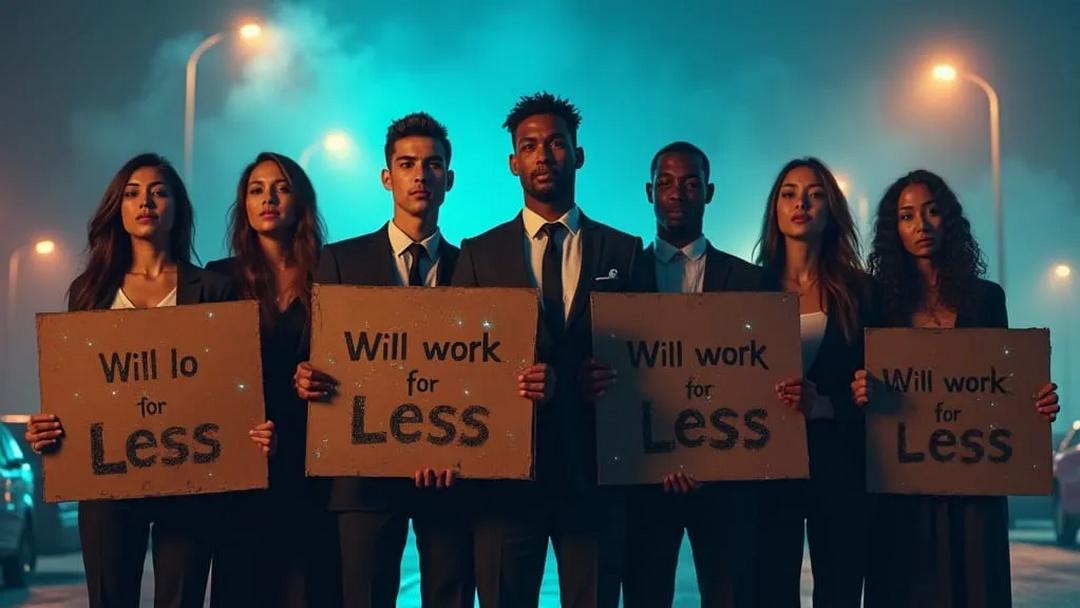
Cleary becomes latest US law firm to add non-equity partners
See you in the Home Depot lot.Oct 10, 2024 (Reuters) Cleary Gottlieb Steen & Hamilton will create a new category of non-equity partners, becoming the latest major U.S. law firm to move away from the traditional single-tier structure in which all partners have an...

MI Court of Appeals – MRTMA defense denied dismissal
Does the Michigan Regulation and Taxation of Marihuana Act protect you in all Marijuana scenarios?The Conflict The central issue in this interlocutory appeal is whether the Michigan Regulation and Taxation of Marihuana Act (MRTMA), MCL 333.27951 et seq., prevents a...
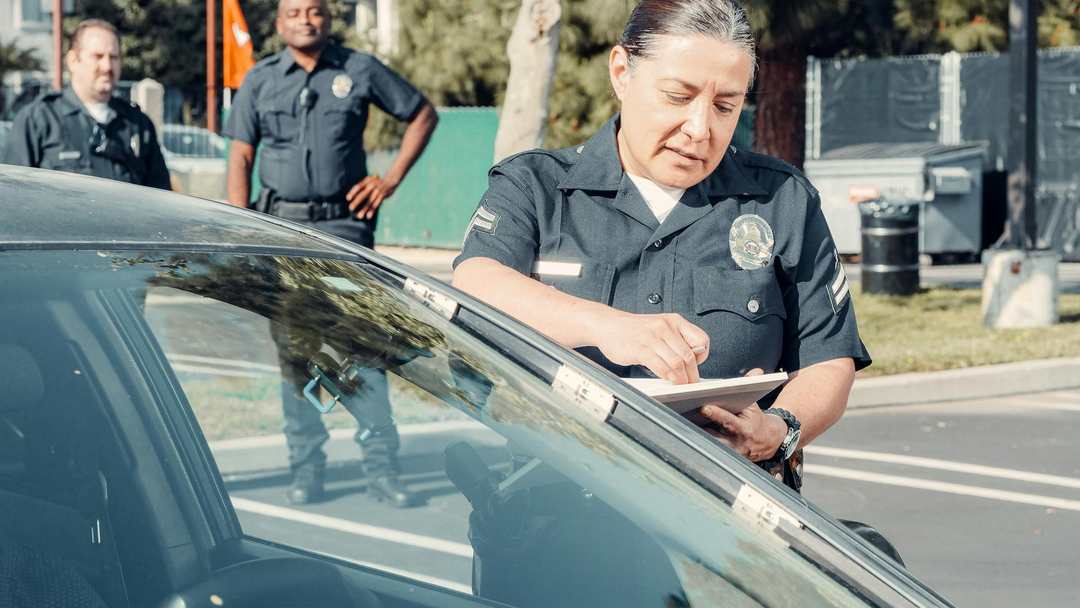
The “Automobile Exception” in Michigan law
The "automobile exception" in Michigan law allows police to search a vehicle without a warrant if they have probable cause to believe it contains evidence of a crime.This exception is grounded in the idea that vehicles are inherently mobile, meaning evidence could be...

The search being challenged was triggered by the odor of cannabis
The case People of Michigan v. Freddie Wilkins III (No. 367209) revolves around a legal challenge regarding the search of a vehicle without a warrant.Police conducted a warrantless search under the "automobile exception."The case People of Michigan v. Freddie Wilkins...
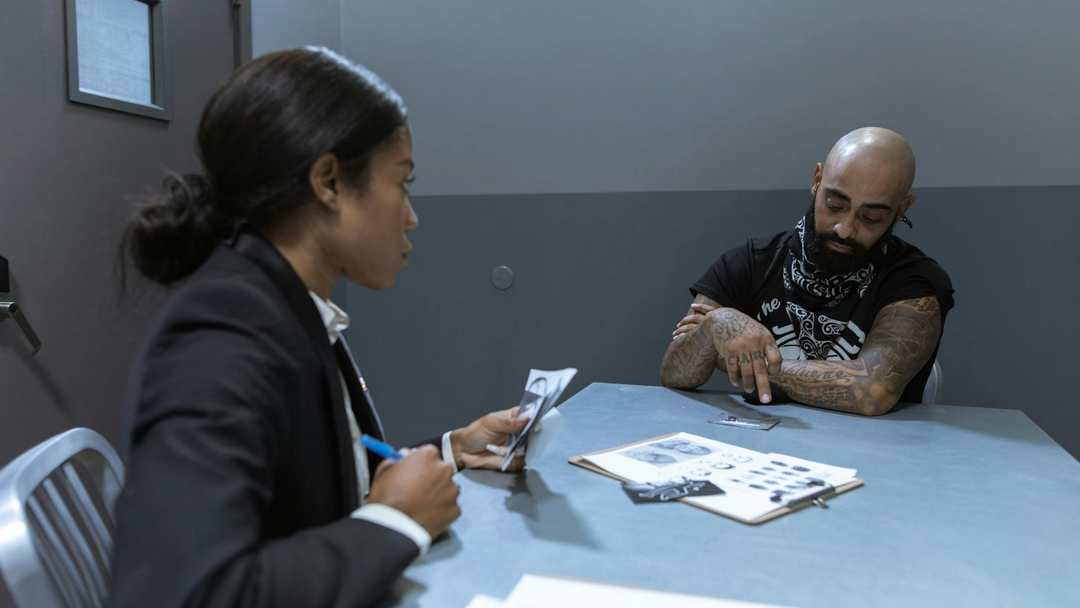
Carrying a Concealed Weapon in Michigan
Carrying a concealed weapon (CCW) in Michigan without proper authorization is a crime.Carrying a concealed weapon (CCW) in Michigan without proper authorization can lead to serious criminal charges. Michigan law has strict regulations regarding firearms, and violating...

MI Supreme Court Declines to Intervene in Public Records Dispute
Michigan Supreme Court Declines to Intervene in Public Records DisputeTeachers Union and School District at Odds Over Data AccessThe Michigan Supreme Court recently declined to hear a case regarding whether public school teachers' class materials are subject to the...

Felony Firearm Possession in Michigan
Felony Firearm Possession in Michigan.In Michigan, the laws surrounding firearms are strict, especially when it comes to felony firearm possession. If you’re charged with a felony and found to be in possession of a firearm during the crime, the penalties can be...

Do the passengers in your vehicle have 4th Amendment Rights?
Do Passengers in your vehicle have 4th Amendment Rights against Search and Seizure?Passengers in a vehicle are afforded Fourth Amendment protections against unreasonable searches and seizures, though the scope of these rights varies based on the specific circumstances...
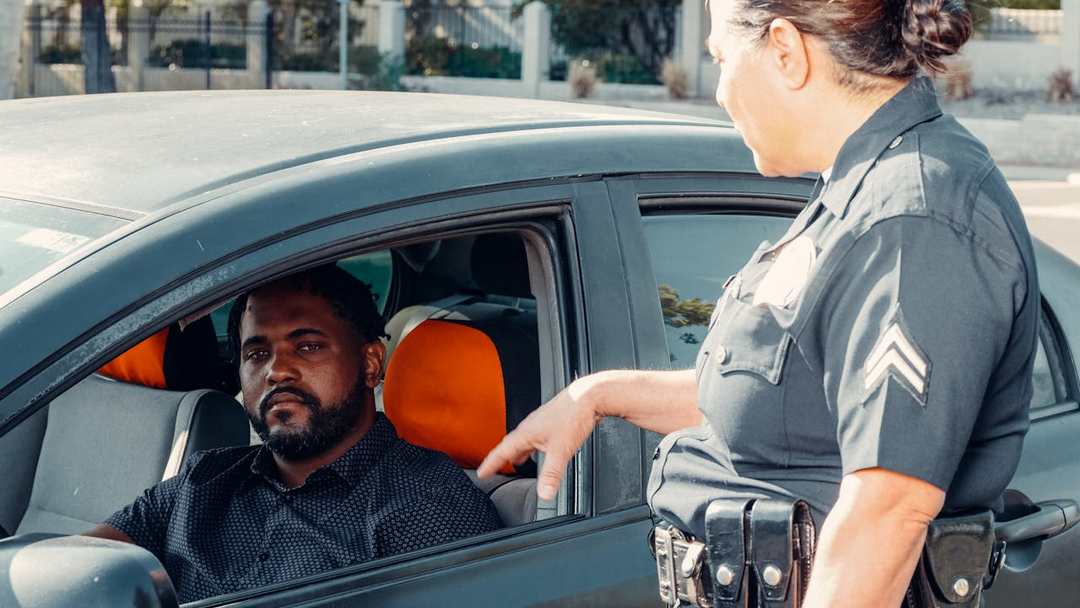
Probable Cause v Reasonable Suspicion
What's the difference between probable cause and reasonable suspicion?Definition of Probable Cause Probable cause refers to the belief held by a reasonable person that a crime is currently being committed, has already been committed, or is likely to be committed in...

Are there exceptions that justify warrantless searches?
Exceptions to your 4th Amendment Rights against Search and Seizure (more to come).The Fourth Amendment of the U.S. Constitution safeguards citizens by prohibiting unreasonable searches and seizures and generally mandates the necessity of a warrant for such intrusions....






